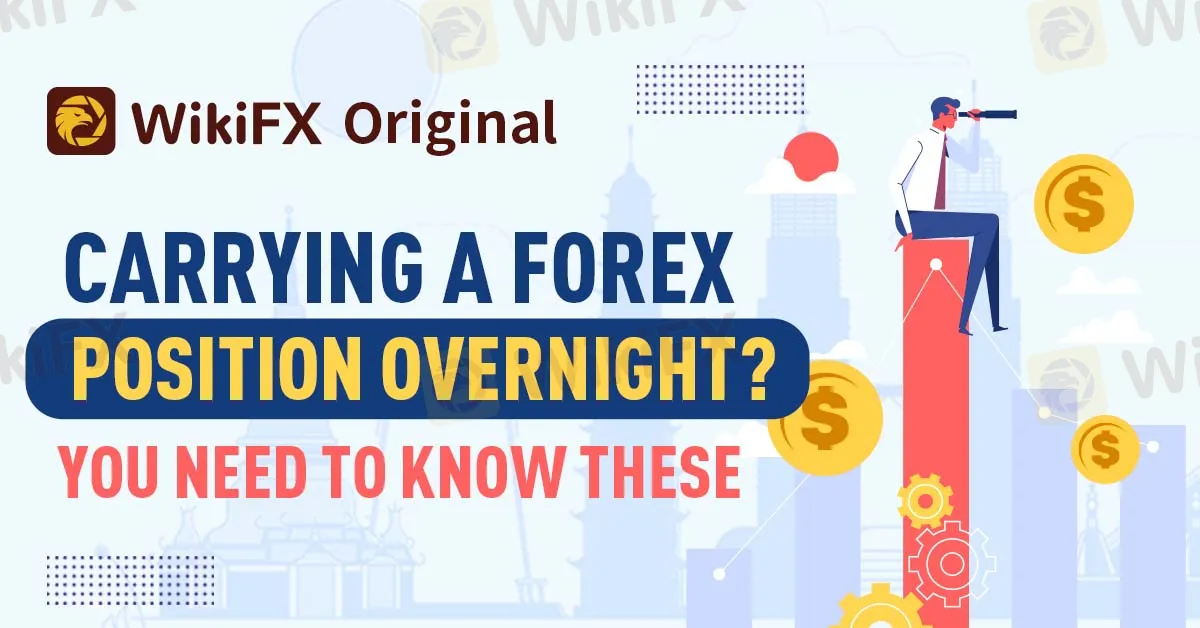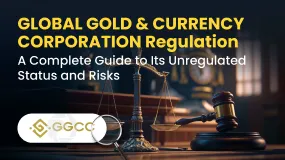Abstract:In the foreign exchange market, an overnight position is when you carry over a day trade until the following day without having it settled on the same day. Even though the phrase "overnight position" may sound cool, it simply refers to keeping the position until the following day – and it comes with a price tag which many do not know about!

By purchasing low and selling high or selling high and buying low, forex traders can profit from trading currencies. According to the relative buy and sale prices at the beginning and closing positions, gains and losses are calculated. Profits and losses, however, will also be influenced by the various interest rates of the currency pair, the time at which deals actually settle, and the length of time the position is held.

The trade date, also known as the entry date, is the day a currency is traded. This is the day your broker entered and approved your order for a trade. When the transaction is finished, the trade is then settled. The value date is the date of settlement (aka settlement date, delivery date).
Since the global market for currency trading operates around the clock, there must be a consensus on when the day officially ends. Conventionally, settlement time is at the time that corresponds to 5 p.m. Eastern Standard Time on the value date (EST). The trade day advances after settlement time, so the trading day is Tuesday for a trade executed after 5 p.m. EST on Monday. Depending on the underlying interest rates of the two currencies in the pair, you will either be paid or charged interest when you hold an open trade overnight.
The delivery and acceptance of the currency are typically necessary for the spot market to settle a currency transaction. However, most forex traders trade for profits from speculation rather than intending to take or deliver the currency. Because of this, the majority of brokers who serve speculators automatically roll over the contracts from one value date to the next on each successful business day until the trader closes the deal—a process known as a rollover, of course. Rollovers essentially postpone the trade's actual settlement until the trader closes her position.

Every time a position is rolled over, interest is accrued on the long currency and paid on the short currency. The target interest rate set by the central bank of the nation that issued the currency typically serves as the interest earned or paid. An interest rate differential will produce a net earning or interest payment when the interest rates of the two countries are different. The trader receives the interest differential if the interest rate associated with the base currency is higher than the quoted currency; otherwise, the trader is required to pay the interest differential. At the rollover time of each trading day that the position is open, this net interest—often referred to as the rollover rate—is calculated and either added to or subtracted from the trader's account. The rollover rate determines whether it is added or subtracted; as a result, when it is added, it is referred to as a positive rollover (also known as a positive roll), and when it is subtracted, it is referred to as a negative rollover (also known as a negative roll). Every day the position is rolled over — a one-day rollover — this interest is added to or subtracted from the balance.
The precise amount of interest you will earn or pay will vary depending on the broker, as forex brokers do charge interest. You might be able to bargain for a smaller interest rate spread if you have a sizable balance in your account. You don't need to calculate the interest because almost all trading platforms automatically adjust your account for the appropriate interest. While some brokers will apply the interest directly to your margin balance, others will adjust your average open positions. On most trading platforms, the summary and separate column in the Closed Positions panel display the interest received or paid. The majority of trading platforms also display the amount of positive or negative rollover for each currency pair that can be traded on the platform, alerting traders to the interest rate spread before they place a trade.












